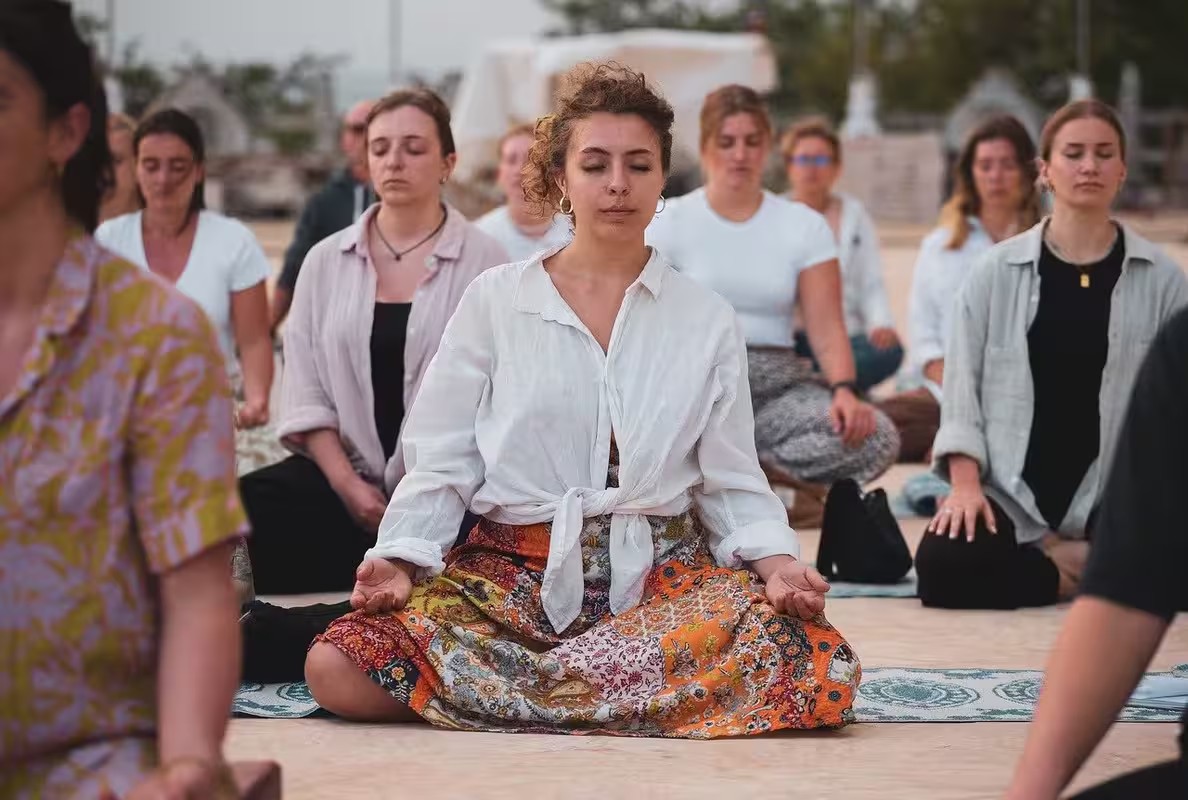More

The Psychology of Strength Training: Staying Motivated
Feb 22, 2024
Dance-Based Cardio: From Zumba to Ballet
Dec 03, 2023
Maintaining a Healthy Diet While Dining Out
Feb 20, 2024
Advertisement
Emotional Regulation: How to Control Anger and Anxiety
Introduction
In the ebb and
flow of life's experiences, emotions like anger and anxiety can surge with an intensity that
often feels overwhelming. Mastering the art of emotional regulation is akin to learning how to
navigate through these tumultuous waters, ensuring that we remain in control of our reactions
and maintain our course towards tranquility. "Emotional Regulation: How to Control Anger and
Anxiety" is a compass to guide you through the stormy seas of these challenging emotions,
offering strategies to help you steer towards calmer waters.
Understanding Emotional
Regulation
Defining Emotional Regulation
- Explore the concept of emotional
regulation and its significance in our daily lives.
The Impact of Anger and Anxiety
-
Discuss the effects of anger and anxiety on personal well-being, relationships, and overall
health.
Identifying Triggers and Patterns
- Offer insights into recognizing personal
triggers and patterns associated with these emotions.
Strategies for Managing
Anger
Techniques for Immediate Anger Diffusion
- Share practical techniques that can
be used in the moment to diffuse anger.
Long-Term Anger Management Practices
-
Introduce long-term strategies for managing anger, including lifestyle changes and mindset
shifts.
When to Seek Professional Help for Anger Issues
- Discuss the importance of
seeking professional help when anger becomes unmanageable.
Techniques for Alleviating
Anxiety
Calming Exercises for Anxiety Relief
- Provide a series of calming exercises
that can help alleviate feelings of anxiety.
Creating an Anxiety-Reducing Routine
-
Suggest how to create a daily routine that incorporates activities known to reduce
anxiety.
The Role of Therapy and Medication
- Explore the role of therapeutic
interventions and medication in the context of anxiety control.
Building Emotional
Resilience
Strengthening Coping Mechanisms
- Offer advice on strengthening coping
mechanisms to better handle emotional upheavals.
The Power of Mindfulness and
Meditation
- Discuss how mindfulness and meditation can contribute to emotional
regulation.
Lifestyle Factors That Support Emotional Stability
- Highlight lifestyle
factors, such as diet, exercise, and sleep, that contribute to emotional stability.
Applying Emotional Regulation in Relationships
Communicating Emotions Effectively
-
Share tips on how to communicate emotions effectively in relationships without causing
harm.
Setting Boundaries for Emotional Health
- Discuss the importance of setting
boundaries to protect emotional health in personal interactions.
Supporting Others in
Emotional Regulation
- Offer guidance on how to support friends or family members who
struggle with anger and anxiety.
Conclusion
- Recap the importance of emotional
regulation as a skill that can be cultivated and the benefits it brings to various aspects of
life.
- Encourage readers to practice the techniques discussed, emphasizing that control over
anger and anxiety is within reach.
FAQs
1. How can I tell if my anger or anxiety is
beyond normal levels?
2. What are some quick relaxation techniques I can use at work?
3.
Can physical exercise help with emotional regulation?
4. How do I know if I need to seek
professional help for my emotions?
5. What are some resources for learning more about
emotional regulation?
---
Introduction Sample
Navigating the complexities
of our emotions is a journey that requires patience, understanding, and skill. Like sailors on
the high seas, we must learn to regulate the winds of our feelings, especially when faced with
the storms of anger and anxiety. "Emotional Regulation: How to Control Anger and Anxiety" charts
a course through these oft-turbulent waters, equipping you with the tools and techniques to
maintain your emotional balance and find the serenity that lies within.



